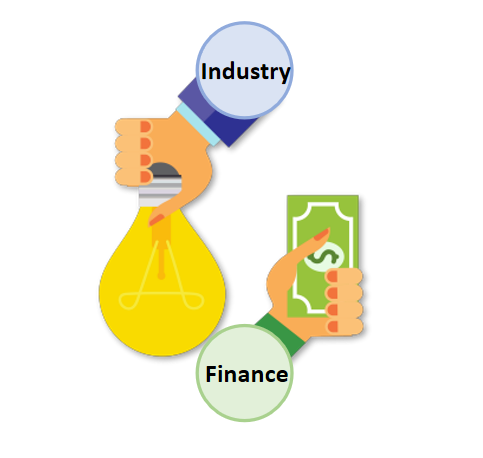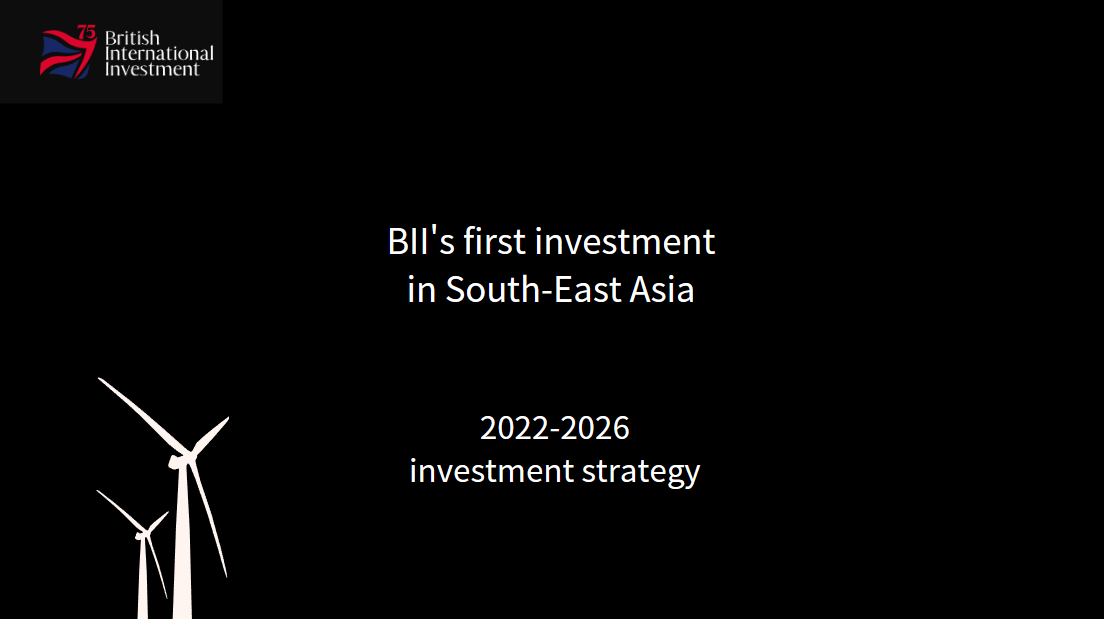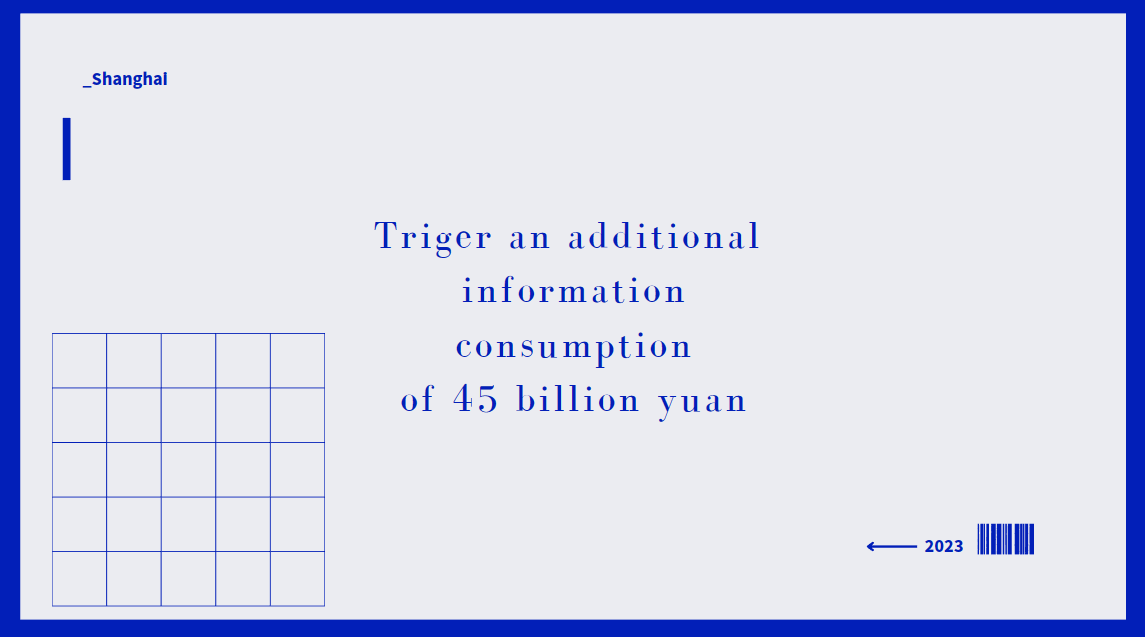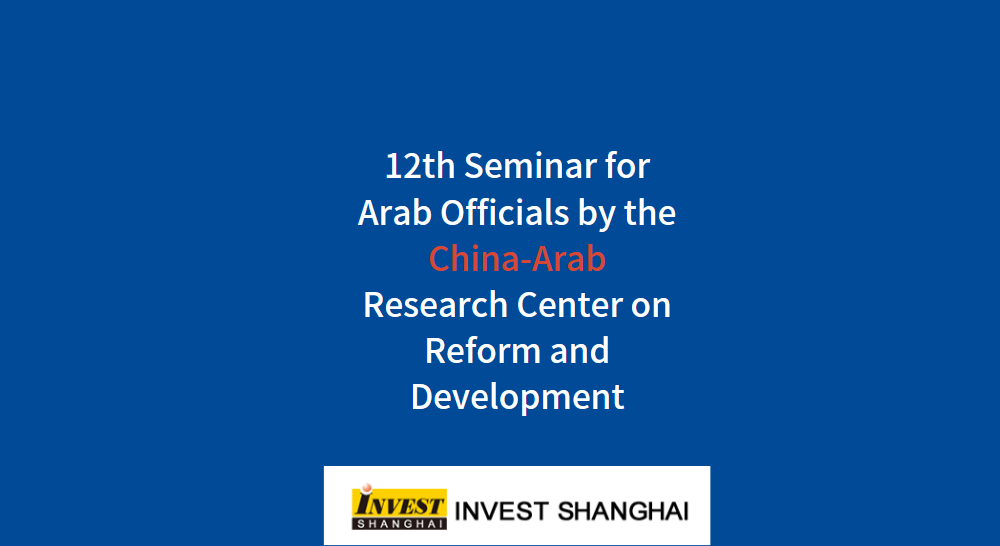Korea to rank eighth in global GDP ranking this year: Analysis
According to Pulse by Maeil Business News Korea,
South Korea’s economy is expected to rank eighth in the world this year, with its gross domestic product (GDP) reaching $1.7 trillion, indicating its pivotal role in the global economy and order.
According to an analysis on the World Economic Outlook data of the International Monetary Fund (IMF) by Maeil Business Newspaper and Korea Economic Research Institute on Tuesday, Korea’s GDP is projected to reach $1.7 trillion in 2023, which accounts for 1.64 percent of the entire global amount. Korea’s ranking is expected to go up one notch from the current ninth and overtake Australia.
Korea and Australia have been competing for the eighth place in the world’s economy ranking. Korea is expected to maintain the No. 8 spot after ascending this year.
Industry insiders note that Korea’s growing presence in the global economy has already been proven by the invitation it received to attend the recent Group of Seven (G7) Summit in Hiroshima, Japan. The leaders of Korea, U.S. and Japan also met separately on the sidelines of the G7 Summit.
Korea, in fact, has been on a par with other G7 countries in terms of per capita income, investment, and trade. The country’s per capita GDP stood at $32,250 last year, slightly below that of Italy, the seventh-largest economy, at $34,113. Korea’s gross fixed capital formation, or the average domestic investment over the past five years, reached $7,369, which is larger than that of Canada and Italy.
Korea’s total trade volume also reached an average $1.17 trillion over the past five years, which is larger than that of Canada and Italy that were each below $1 trillion.
Korea’s military strength also ranks sixth in the world this year, according to Global Firepower, a U.S. military power rating agency.
Experts, however, note that strategic choices and decisions made by export-oriented Korea have become ever important in a time when new international order is being established.
Observers note that China is likely to impose retaliatory action against Korea after it imposed restrictions on U.S. chip firm Micron Technology Inc. The G7 leaders during the summit issued a declaration to show concerted effort against China’s rising power.
Korea’s largest portal Naver Corp. is known to be experiencing network issues in China after the G7 Summit, which indicates that China is expressing its discontent on Korea indirectly.
Experts, in the meantime, note that Korea should further accelerate growth to join G8 when the G7 expands.
Weak labor productivity is one of the barriers of growth, data showed.
“Productivity at home is at a standstill due to the rigid labor market structure and outdated service industry competitiveness,” said Lee Sang-ho, head of economic research at KERI. “It will be a long way for Korea at the current state to become an advanced economy of G7 and above.”
Data from the Organization for Economic Cooperation and Development (OECD) shows that the average labor productivity of the G7 countries stands at $74.2 per hour while that of Korea is at $46.5.
According to the World Economic Forum, Korea’s labor market flexibility ranks 97th out of the 141 countries.






















































First, please LoginComment After ~